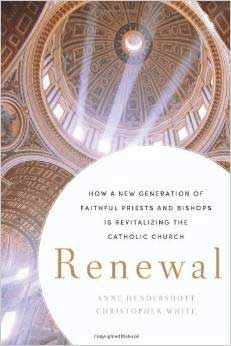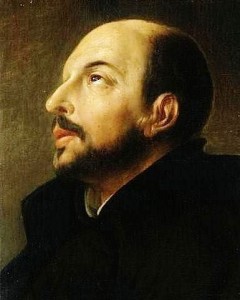Podcast: Play in new window | Download (Duration: 31:03 — 28.4MB) | Embed
Subscribe: Apple Podcasts | Spotify | Amazon Music | Android | Pandora | iHeartRadio | JioSaavn | Podchaser | Gaana | Podcast Index | Email | TuneIn | Deezer | Anghami | RSS | More
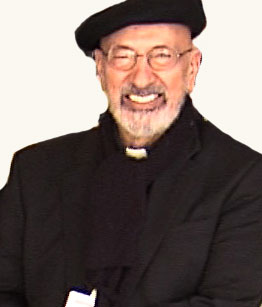
Msgr. Esseff speaks of our “5 Talents” and the dangers for the “workaholic”. He offers Bl. Teresa of Calcutta and St. Pio as outstanding examples of the authentic Christian response to the Master’s request.
Jesus told his disciples this parable:
“A man going on a journey
called in his servants and entrusted his possessions to them.
To one he gave five talents; to another, two; to a third, one–
to each according to his ability.
Then he went away.
Immediately the one who received five talents went and traded with them,
and made another five.
Likewise, the one who received two made another two.
But the man who received one went off and dug a hole in the ground
and buried his master’s money.
After a long time
the master of those servants came back and settled accounts with them.
The one who had received five talents
came forward bringing the additional five.
He said, ‘Master, you gave me five talents.
See, I have made five more.’
His master said to him, ‘Well done, my good and faithful servant.
Since you were faithful in small matters,
I will give you great responsibilities.
Come, share your master’s joy.’
Then the one who had received two talents also came forward and said,
‘Master, you gave me two talents.
See, I have made two more.’
His master said to him, ‘Well done, my good and faithful servant.
Since you were faithful in small matters,
I will give you great responsibilities.
Come, share your master’s joy.’
Then the one who had received the one talent came forward and said,
‘Master, I knew you were a demanding person,
harvesting where you did not plant
and gathering where you did not scatter;
so out of fear I went off and buried your talent in the ground.
Here it is back.’
His master said to him in reply, ‘You wicked, lazy servant!
So you knew that I harvest where I did not plant
and gather where I did not scatter?
Should you not then have put my money in the bank
so that I could have got it back with interest on my return?
Now then! Take the talent from him and give it to the one with ten.
For to everyone who has,
more will be given and he will grow rich;
but from the one who has not,
even what he has will be taken away.
And throw this useless servant into the darkness outside,
where there will be wailing and grinding of teeth.’”


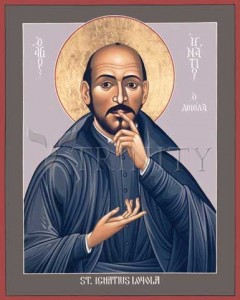
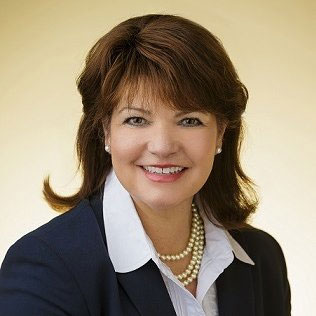 “Praying for Priests: A Mission for the New Evangelizaton” by author and Catholic radio host Kathleen Beckman is a fantastic response to an important need in the Church today! This book and the website found at
“Praying for Priests: A Mission for the New Evangelizaton” by author and Catholic radio host Kathleen Beckman is a fantastic response to an important need in the Church today! This book and the website found at 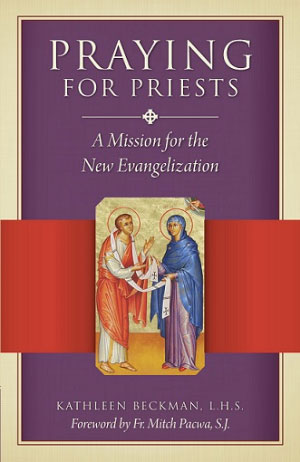


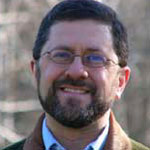
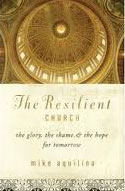
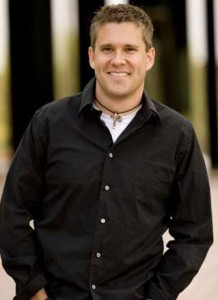
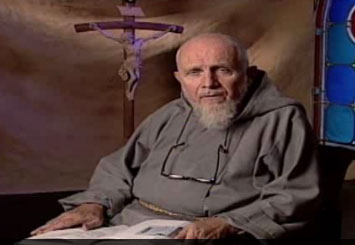
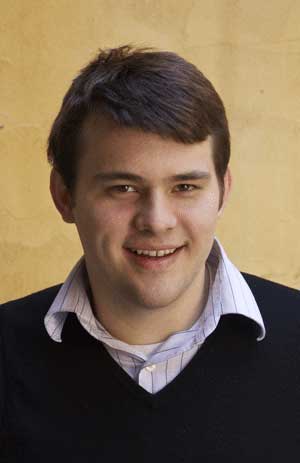 important work brought to us by Anne Hendershott and Christopher White. It offers a thorough analysis of the state of the priesthood in the United States, and shines a light of joyful hope on a vital heartbeat of the Catholic Church. Our conversation with Christopher White, addresses many of the issues that have plagued priestly formation and it’s character in recent decades, but also celebrates the many areas of reform and renewal. The current revitalizing of our gift of Holy Orders is truly a reason to celebrate and lift up in our prayer!
important work brought to us by Anne Hendershott and Christopher White. It offers a thorough analysis of the state of the priesthood in the United States, and shines a light of joyful hope on a vital heartbeat of the Catholic Church. Our conversation with Christopher White, addresses many of the issues that have plagued priestly formation and it’s character in recent decades, but also celebrates the many areas of reform and renewal. The current revitalizing of our gift of Holy Orders is truly a reason to celebrate and lift up in our prayer!